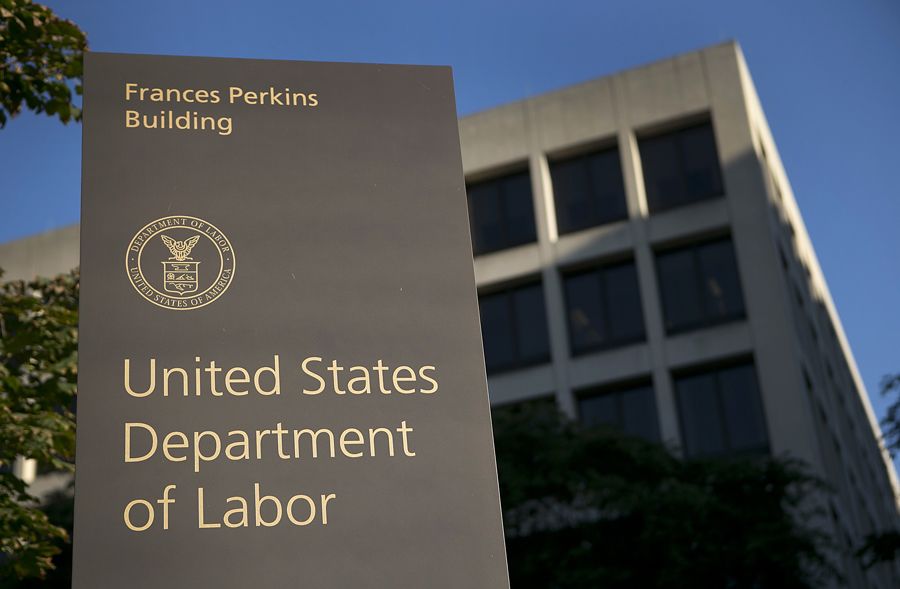Broker protocol is good for firms and clients, study finds
University of Kentucky professors at MarketCounsel Summit say letting advisers "own the client relationship" benefits industry employers.
Brokerage firms that have already exited the broker-protocol agreement, or are considering an exit, might be missing the bigger picture, according to research by two finance professors at the University of Kentucky.
Presenting Tuesday in Miami at The MarketCounsel Summit, professors Chris Clifford and William Gerken highlighted the benefits of letting the advisers “own the client relationship.”
“When the employee owns the assets he takes better care of it,” said Mr. Gerken, using the analogy of an Uber driver who owns the vehicle, versus a taxi driver.
“In the context of financial advice, the most valuable asset is the client relationship,” he added.
The study, conducted prior to the October announcement by Morgan Stanley that it was exiting the protocol, was focused on whether letting an adviser leave with “assets” caused increased mobility among advisers.
(More: Merrill Lynch to remain in the broker protocol for recruiting agreement.)
Among the expected findings, the research showed that adviser turnover increased after firms entered the protocol, which included an increase by firms “poaching talent” and an increase in talent being poached by other protocol firms.
But what was more surprising, according to Mr. Gerken, was the fact that investor complaints against advisers dropped after a firm entered the protocol, and “advisers shifted their investment to human capital,” showing less interest in becoming managers.
“The firms all do better under protocol,” he added. “Protocol makes a better pool. It gets existing employees to work harder. If the advisory relationship is benefiting the firm, then give them ownership of the relationship. If you build walls you block talent from leaving, but you also prevent talent from joining.”
Mr. Clifford stressed that the research doesn’t suggest a push for “100% labor mobility.”
“That could have adverse effects,” he added. “Imagine if a pharmaceutical company let researches walk out the door with their research.”
Mr. Clifford said he believes some firms are mistakenly suffering from the “Lake Wobegon effect,” in assuming that dropping the protocol will work uniquely in their favor.
“Many firms think they’re above average, and they think they’re going to win,” he said. “Firms should think about how labor immobility might also affect their efforts to recruit, but firms don’t seem to think about that.”
Learn more about reprints and licensing for this article.








